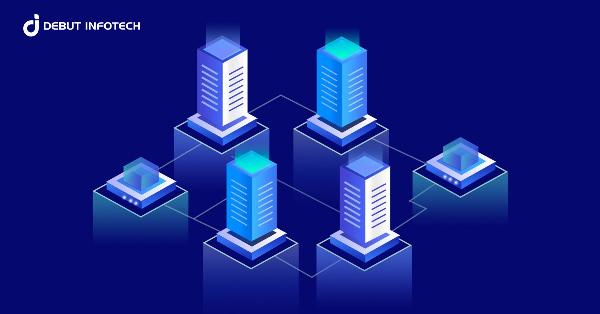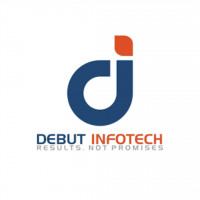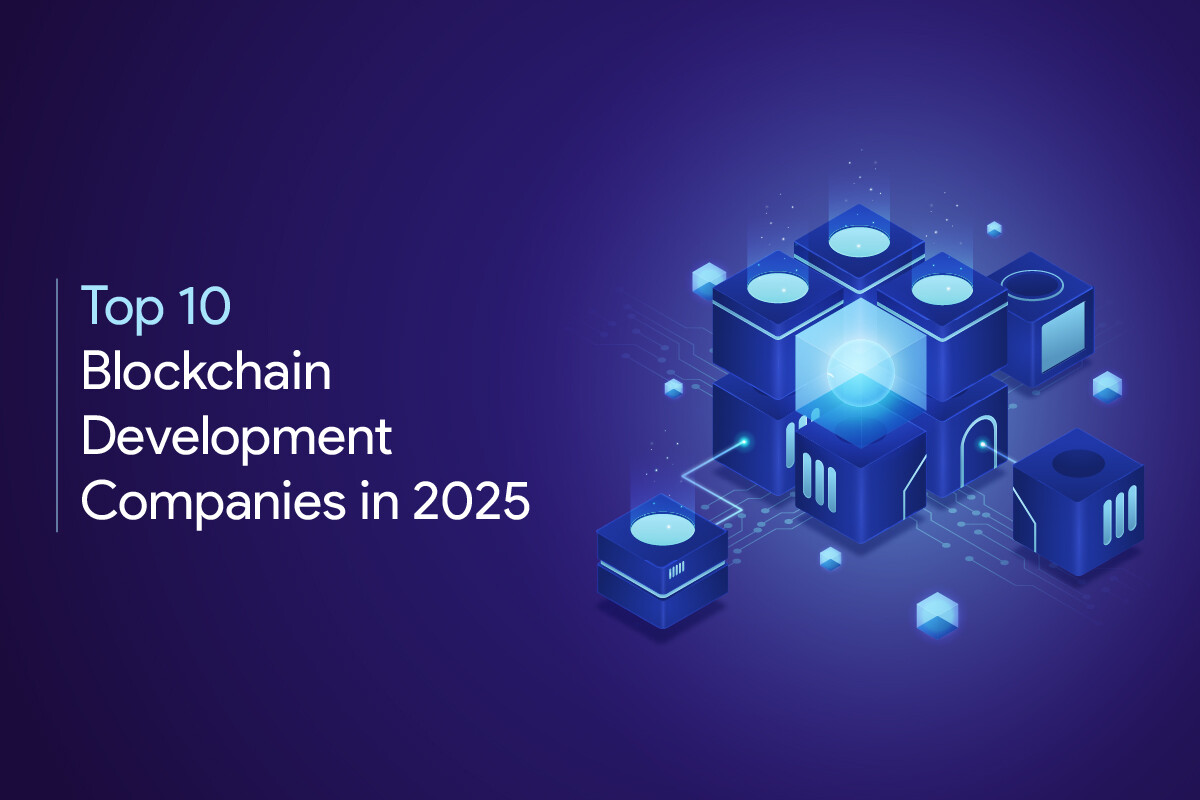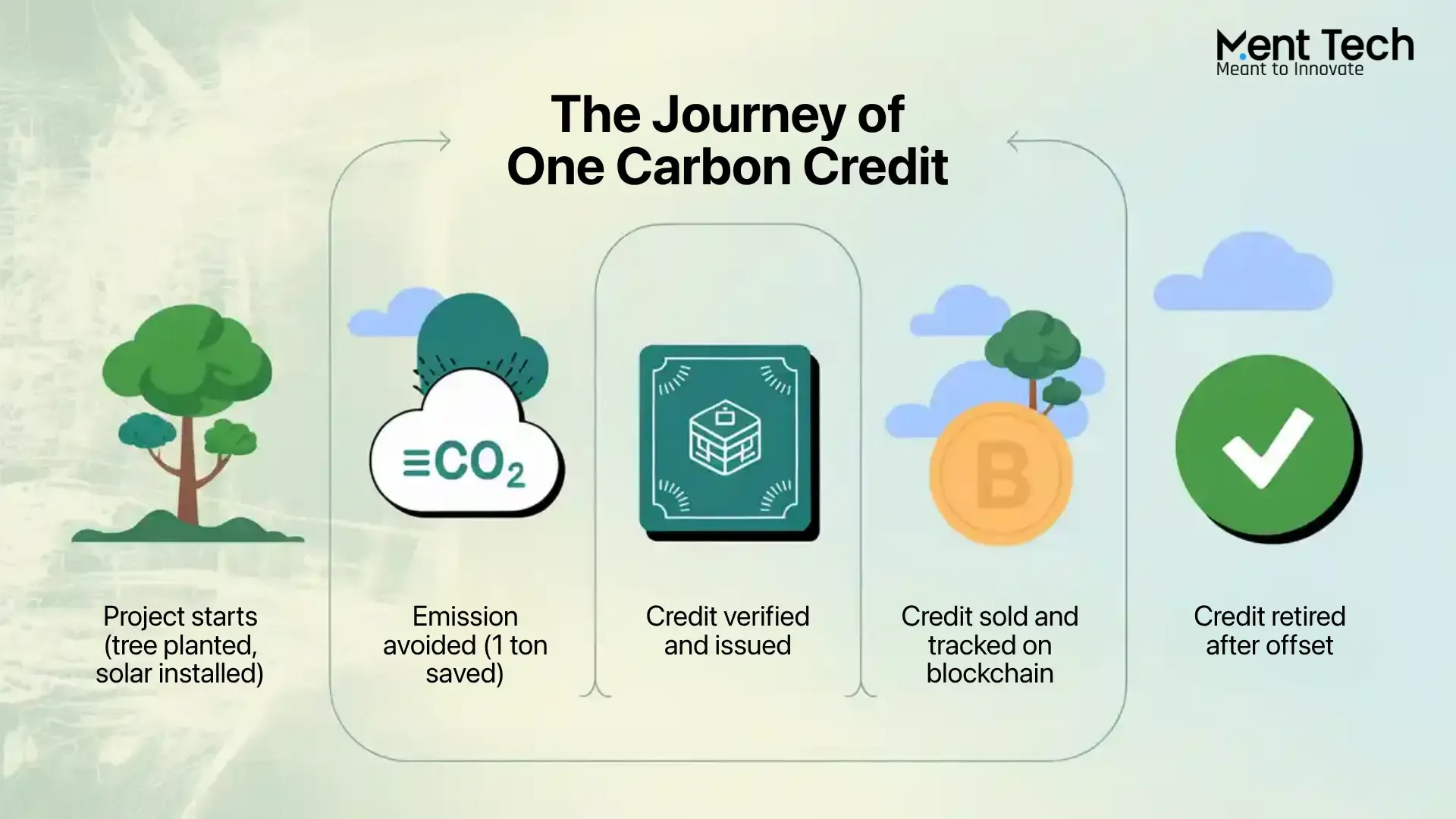Enterprise Blockchain Development: Transforming Businesses with Secure, Transparent, and Efficient Solutions

Strong 8k brings an ultra-HD IPTV experience to your living room and your pocket.
In this technical era, Blockchain is no longer limited to the digital currency for which it formed the basis, such as Bitcoin. In the current era of advanced information technology, enterprises, irrespective of their domain, are open to identifying the change that blockchain has the potential to drive in their mundane operations and, therefore, in improving trust amid different business dealings.
✍️ Looking at ways blockchain can protect your data? Explore our post on blockchain security benefits and see how decentralization and encryption are redefining digital safety.
Analyzing the existing research, defining enterprise blockchain development services using distributed ledger solutions in business environments is possible. While public distributed ledgers are employed for Cryptocurrencies, the blockchains for enterprises are frequently private or permissioned, implying that it is difficult to interact with them or be involved in block creation. This makes them easier to control, private, and more scalable, making them applicable for many enterprise-level business needs.
The Core Concepts of Enterprise Blockchain
Distributed Ledger:
The key principle of creating an enterprise blockchain is using a distributed ledger, a database implemented on different nodes or computers. Each participant of a network saves a copy of the ledger, and these copies can be changed only with everyone’s permission. For this, a private key is assigned to each participant.
Smart Contracts:
The second element is smart contracts, which contain stipulations that are executable by themselves, meaning that the contract terms are written in code. These contracts put into operation and enforce the stipulated provisions once certain conditions are met, making it possible for enterprises to automate and organize several business activities.
Consensus mechanisms
The next concept is Consensus mechanisms, which are algorithms that make all nodes in a blockchain network synchronize to the distributed ledger. Some of the mechanisms used are proof of work, proof of stake, and practical byzantine fault tolerance. These mechanisms assist in ensuring that the blockchain's structure is cohesive and secure.
Benefits of Enterprise Blockchain Development
Enterprises can leverage several benefits by implementing blockchain development services:
Enhanced Security: Blockchain's decentralized nature makes it resistant to tampering and fraud. Each block is linked to the previous one using cryptographic hashes, creating a secure and immutable chain of transactions.
Transparency and Traceability: Blockchain provides a transparent and traceable record of transactions, which can be particularly valuable in supply chain management. It allows stakeholders to trace the journey of products from manufacturer to end consumer.
Cost Efficiency: By eliminating intermediaries and automating processes through smart contracts, enterprises can significantly reduce costs associated with transaction processing, auditing, and compliance.
Increased Efficiency and Speed: Blockchain transactions are processed faster than traditional methods, reducing the time required for various business processes and improving overall productivity.
Enterprise Blockchain Use Cases
Enterprises are exploring a wide range of applications for blockchain technology, including:
Supply Chain Management: Blockchain makes the supply chain more transparent, traceable, and efficient by providing digital and tamper-proof records of transactions, goods’ movement, and origins.
Financial Services: It can be applied especially in cross-border payments, trade finance, as well as in asset management since the usage of blockchain leads to the minimization of the middlemen’s participation and accelerates activities, making them more secure.
Healthcare: Adopting blockchain for the storage and sharing of patient information can provide a number of advantages, including the establishment of efficient cooperation between medical professionals and the overall enhancement of patient care.
Energy Trading and Grid Management: Therefore, if implemented, blockchain has the potential to enable P2P energy trading in Decentralized energy networks, where consumers with RE sources can directly sell energy to consumers.
Intellectual Property Rights and Royalty Management: Regarding copyright and royalties, blockchain can solve problems relating to tracking ownership and payments to artists, musicians, writers, and other creators of content.
Enterprise Blockchain Platforms and Companies
There are several enterprise blockchain platforms and companies that enterprises can leverage for their blockchain development needs:
Ethereum: Ethereum is a popular open-source blockchain platform that supports smart contracts and decentralized applications (dApps). It offers a range of tools and frameworks for enterprise blockchain development.
Hyperledger Fabric: The Linux Foundation developed Hyperledger Fabric, an enterprise-grade, permissioned blockchain framework. It is designed for building applications with a modular architecture and supports many use cases.
Quorum: Quorum is an enterprise-focused version of Ethereum developed by JPMorgan Chase. It offers enhanced privacy and security features, making it suitable for financial institutions and other regulated industries.
R3 Corda: Corda is an open-source blockchain platform designed specifically for the financial services industry. It focuses on privacy, security, and interoperability, making it a popular choice for enterprise blockchain applications.
Leading companies: Some leading enterprise blockchain development services include top blockchain development companies like IBM, Accenture, Debut Infotech, and FiveRivers Technologies. These vendors offer a range of blockchain consulting, development, and implementation services to help enterprises leverage the power of blockchain technology.
The Future of Enterprise Blockchain
It is noted that enterprise blockchain adoption will remain very high in the following years. Moreover, as technology advances and rules unfold, it is quite possible that new and more extensive applications of blockchain solutions will be viewed in a whole lot more spheres.
Thus, Statista states that the size of the blockchain technology market is expected to reach $163 billion by 2027 due to increasing awareness of the opportunities blockchain offers and the necessity of implementing secure and decentralized solutions.
We can still expect blockchain's clarity to increase as enterprises keep on embracing Blockchain development services. The future will be redefined as Blockchain solutions, security, transparency, and efficiency will be part of the enterprise portfolio, contributing a major portion of the business solutions across industries.
Conclusion
To conclude, enterprise blockchain development is a transforming concept taking the business world by storm. While there are risks, higher security, transparency, and operational efficiency, opportunities encourage enterprises to adopt blockchain solutions.
Note: IndiBlogHub features both user-submitted and editorial content. We do not verify third-party contributions. Read our Disclaimer and Privacy Policyfor details.







